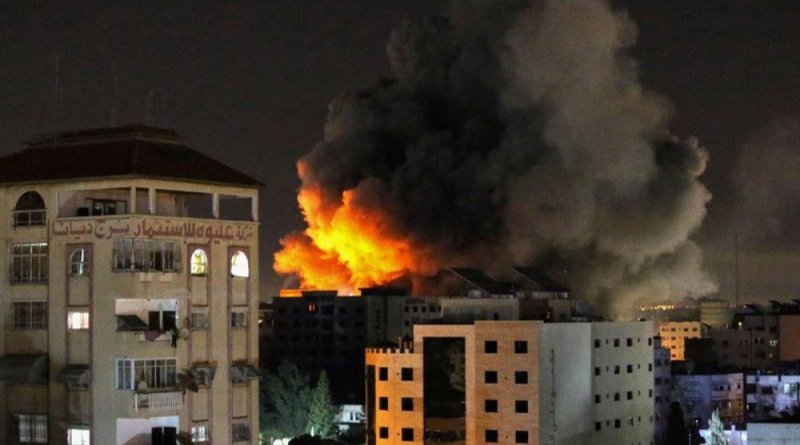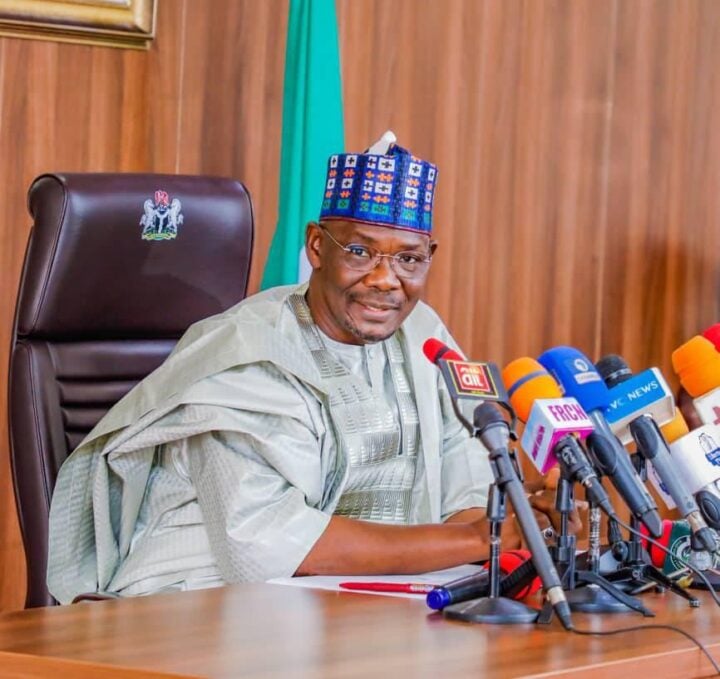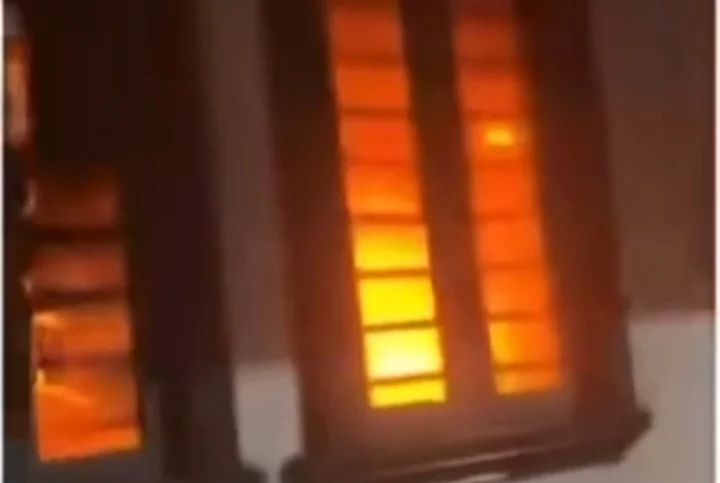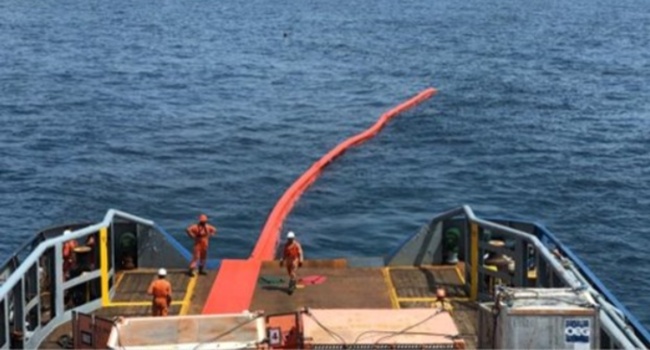Israel says the highly anticipated release of Palestinian prisoners will not take place on Thursday, as previously announced, but on Friday.
In a statement released late Wednesday evening, Tzachi Hanegbi, national security council chairperson, said the negotiations for the hostages “are constantly progressing” and “the release will begin according to the original agreement between the parties, and not before Friday”.
The deal, which Israel confirmed on Wednesday, will see at least 50 Israeli hostages — women and children — released in Gaza over four days.
Israel had also hinted that the ceasefire could be extended, saying “the release of every additional ten hostages will result in one additional day in the pause”.
Advertisement
Also, 150 Palestinian prisoners — women and children — held in Israeli jails are set to be released as part of the deal.
The ceasefire and release of hostages between both parties was initially announced to begin by 10 am today but Times of Israel cited an Israeli official who spoke on condition of anonymity, saying contrary to what was previously understood in Jerusalem, both Israel and Hamas need to sign a document ratifying the agreement for it to take effect.
The document will hopefully be signed within the next 24 hours, in time for the first hostages to be released on Friday, the Israeli official added.
Advertisement
Several foreign leaders, nations, and organisations have welcomed the ceasefire agreement between both parties.
António Guterres, United Nations (UN) secretary-general, said the truce is an important step in the right direction, but added that much more needs to be done.
“This pause must be used to its fullest extent to facilitate the release of hostages and alleviate the dire needs of Palestinians in Gaza,” he added in a statement released by Farhan Haq, his spokesperson.
The World Health Organisation (WHO) has also called for speedy and unimpeded humanitarian responses in the Gaza Strip.
Advertisement
“The fighting needs to stop so that we can quickly scale up our response,” Ahmed Al-Mandhari, WHO regional director for the Eastern Mediterranean, said.
“We cannot keep providing drops of aid in Gaza in an ocean of need.”
Part of the truce is also meant to allow the entry of “a larger number of humanitarian convoys and relief aid” into the enclave.
Advertisement
Add a comment






